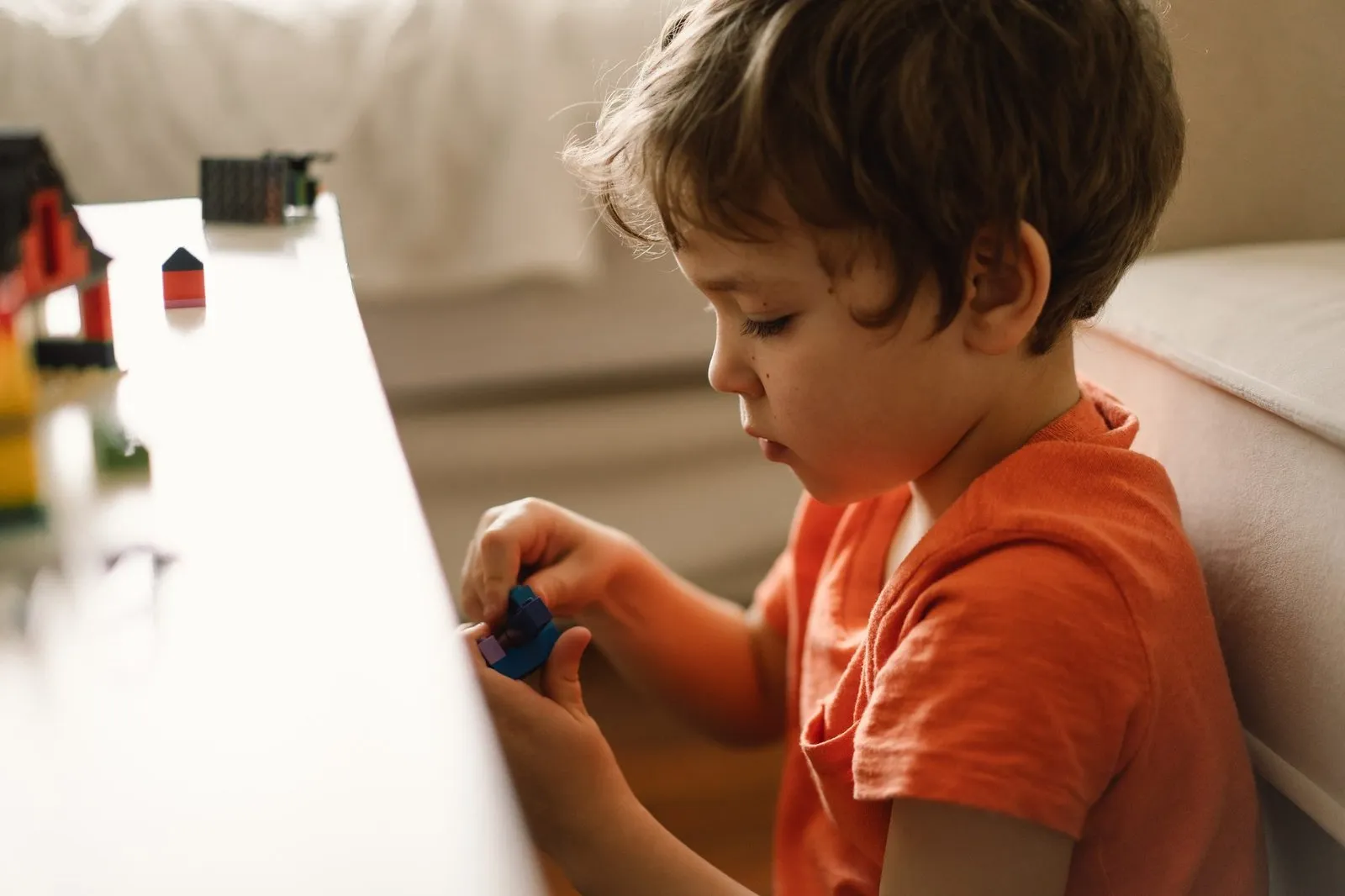
What is Challenging Behaviour?
Behaviours that challenge (also known as challenging behaviour) refers to actions that are disruptive, harmful, or difficult to manage, often affecting daily life, relationships, and well-being.
It is not a diagnosis but rather a term used to describe behaviours that arise due to underlying factors such as neurodevelopmental conditions, mental health difficulties, trauma, communication difficulties, or unmet needs.

What are the Common Forms of Challenging Behaviour?
Challenging behaviour can vary significantly between individuals but may include:
Physical Aggression: Hitting, biting, pushing, or destructive behaviours.
Verbal Aggression: Yelling, threatening, or using inappropriate language.
Self-Injurious Behaviour: Head-banging, scratching, or other forms of self-harm.
Non-Compliance & Defiance: Persistent refusal to follow instructions or engage in activities.
Repetitive or Ritualistic Behaviours: Rigid routines, obsessions, or compulsions that interfere with daily life.
Disruptive or Risk-Taking Behaviours: Impulsivity, running away, or socially inappropriate actions.

Causes of Challenging Behaviour
Challenging behaviour may be linked to:
Neurodevelopmental Conditions: Such as Autism Spectrum Disorder (ASD), Attention Deficit Hyperactivity Disorder (ADHD), or Intellectual Disability.
Mental Health Difficulties: Anxiety, depression, trauma, or emotional dysregulation.
Sensory Processing Differences: Over/under-sensitivity to sensory input.
Communication Barriers: Difficulty expressing emotions, needs, or understanding social interactions.
Environmental Factors: Stress, changes in routine, or challenging home or school environments.
Unmet Physical Needs: Such as pain, hunger, fatigue, or medical conditions.

Management & Treatment of Challenging Behaviour
Evidence-based interventions focus on understanding the root causes of behaviour and developing tailored support strategies. Approaches recommended by NICE and SIGN guidelines include:
Positive Behaviour Support (PBS): A proactive, structured approach that identifies triggers, teaches alternative skills, and promotes positive reinforcement.
Cognitive Behavioural Therapy (CBT): Helps individuals manage distress, develop coping skills, and improve emotional regulation.
Parent and Carer Training Programs: Equipping caregivers with strategies to support behaviour management in home and school settings.
Speech and Language Therapy (SLT): For individuals with communication difficulties that may contribute to challenging behaviour.
Sensory and Occupational Therapy: Supports those with sensory processing difficulties by providing tailored interventions to regulate responses.
Medication (if appropriate): In some cases, medication may be considered for underlying conditions contributing to challenging behaviour.
Anytime. Anywhere.
We’re here when you need us.







.svg)

.svg)
.png)

